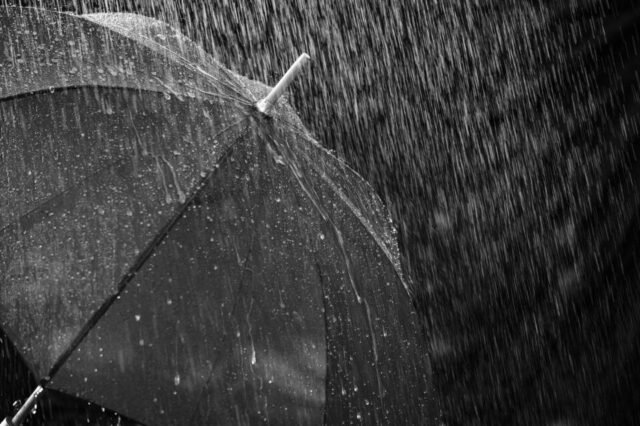The South African Weather Service has issued several weather warnings for disruptive rain and severe thunderstorms in parts of the country, including Kimberley.
THE SOUTH African Weather Service (Saws) has issued several weather warnings for disruptive rain and severe thunderstorms in parts of the country.
However, the inclement weather is expected to clear up by mid-week.
On Monday, Saws issued three Orange Level warnings and two Yellow Level warnings — all indicating disruptive rain and severe thunderstorms over the central and western parts of the country, affecting areas including Johannesburg, Pretoria, Bloemfontein, Kimberley, Graaff-Reinet, Beaufort-West, Vredendal, Worcester and the Western Cape.
Meanwhile the rest of country can expect between a 30% and 80% chance of rain.
The warnings come as Cape authorities and residents have begun mop-up operations following devastating rains and gale winds that claimed the life of at least one person.
The chief director of disaster management in the Cape, Colin Deiner, confirmed that a security guard was doing patrols at a Wellington Estate when a tree fell onto his quadbike.
The National Sea Rescue Institute remains on standby for any emergencies.
Disaster management teams in KwaZulu-Natal were also on standby at the weekend following warnings of disruptive rain.
Gauteng Weather also reported torrential downpours in the province on Monday.
It was previously reported that the weather system, also known as a cut-off low, is notorious for causing flooding, damaging winds, severe thunderstorms and even snow.
The weather system is expected to exit along the southern coast of the Western Cape from Tuesday, thereafter calm and clear weather conditions will return to many areas.
“Cut-off lows are most frequent during the autumn and sSpring seasons, with the highest frequency during the month of April,” the weather service said.








